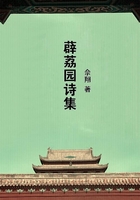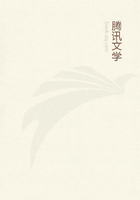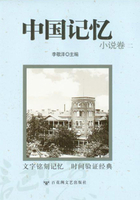It is clear then that there are causes, and that the number of them is what we have stated. The number is the same as that of the things comprehended under the question 'why'. The 'why' is referred ultimately either (1), in things which do not involve motion, e.g. in mathematics, to the 'what' (to the definition of 'straight line' or 'commensurable', &c.), or (2) to what initiated a motion, e.g. 'why did they go to war?-because there had been a raid'; or (3) we are inquiring 'for the sake of what?'-'that they may rule'; or (4), in the case of things that come into being, we are looking for the matter.
The causes, therefore, are these and so many in number.
Now, the causes being four, it is the business of the physicist to know about them all, and if he refers his problems back to all of them, he will assign the 'why' in the way proper to his science-the matter, the form, the mover, 'that for the sake of which'. The last three often coincide; for the 'what' and 'that for the sake of which' are one, while the primary source of motion is the same in species as these (for man generates man), and so too, in general, are all things which cause movement by being themselves moved; and such as are not of this kind are no longer inside the province of physics, for they cause motion not by possessing motion or a source of motion in themselves, but being themselves incapable of motion.
Hence there are three branches of study, one of things which are incapable of motion, the second of things in motion, but indestructible, the third of destructible things.
The question 'why', then, is answered by reference to the matter, to the form, and to the primary moving cause. For in respect of coming to be it is mostly in this last way that causes are investigated-'what comes to be after what? what was the primary agent or patient?' and so at each step of the series.
Now the principles which cause motion in a physical way are two, of which one is not physical, as it has no principle of motion in itself. Of this kind is whatever causes movement, not being itself moved, such as (1) that which is completely unchangeable, the primary reality, and (2) the essence of that which is coming to be, i.e. the form; for this is the end or 'that for the sake of which'.
Hence since nature is for the sake of something, we must know this cause also. We must explain the 'why' in all the senses of the term, namely, (1) that from this that will necessarily result ('from this' either without qualification or in most cases); (2) that 'this must be so if that is to be so' (as the conclusion presupposes the premisses);
(3) that this was the essence of the thing; and (4) because it is better thus (not without qualification, but with reference to the essential nature in each case).















